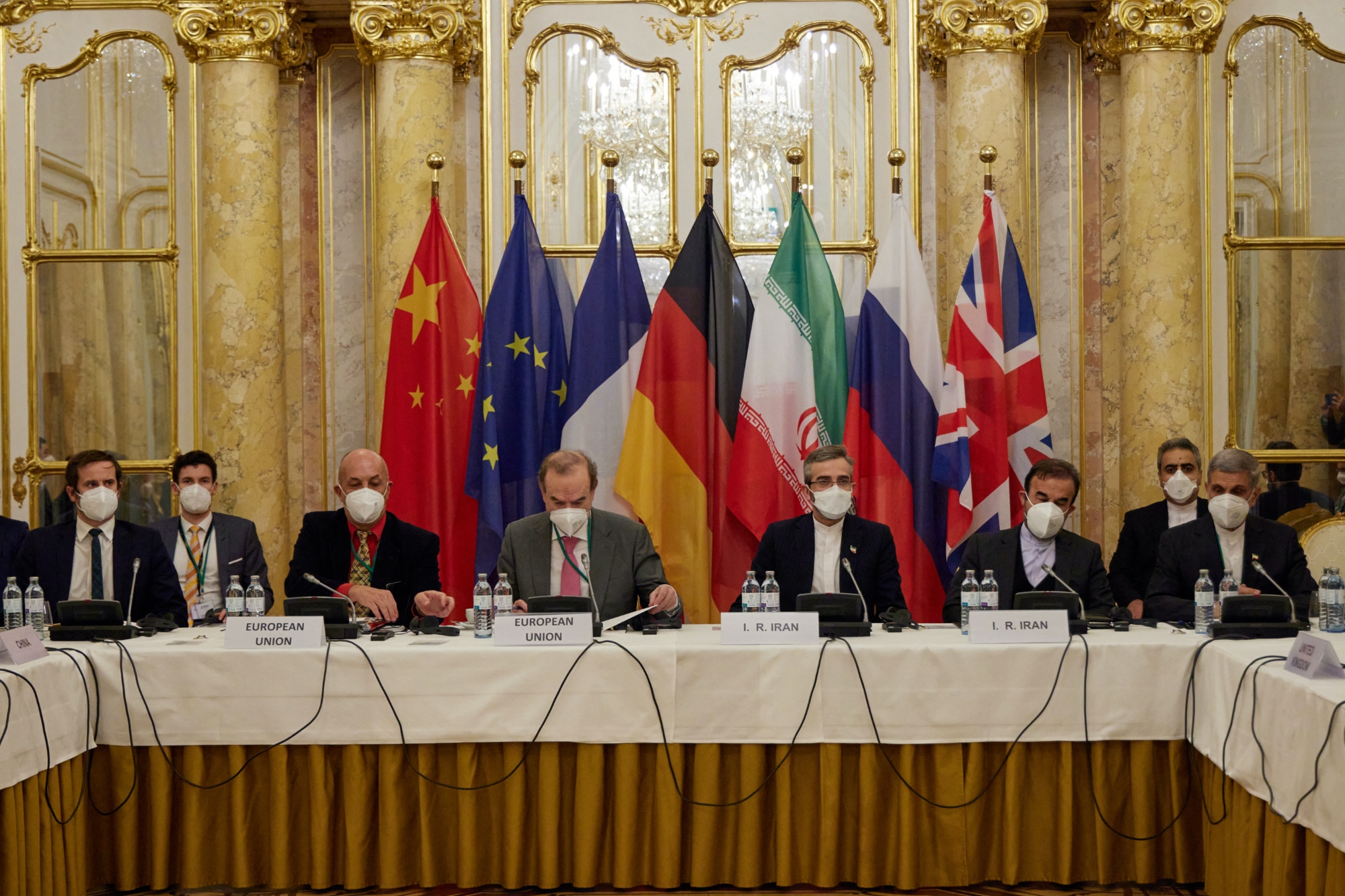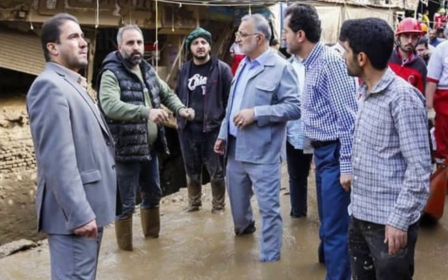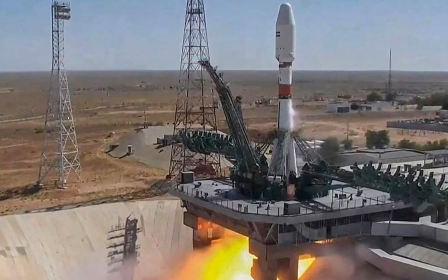Iranian press review: 'No text finalised' in nuclear talks, says Tehran

Iran rejects EU's take on Vienna talks
Iranian officials have rejected EU diplomats' comments earlier this week about reaching a final text during the latest round of talks in Vienna over a revived nuclear deal, saying that "so far, no text over an agreement has been finalised," the Fars news agency reported.
Following more than 15 months of talks in the Austrian capital, EU envoy Enrique Mora announced on Monday that the EU had submitted its final text regarding salvaging a deal.
Josep Borrell, the EU's high representative for foreign affairs and security policy, also wrote on Twitter: "what can be negotiated has been negotiated, and it's now in a final text".
Rejecting the EU announcements, Fars, which is affiliated with the Islamic Revolutionary Guard Corps (IRGC), said: "sources familiar with the negotiations have stressed that no text was finalised and solely [Enrique] Mora had some proposals, about which decisions would be taken in the [negotiating countries'] capitals."
Stay informed with MEE's newsletters
Sign up to get the latest alerts, insights and analysis, starting with Turkey Unpacked
Meanwhile, Iran's official news agency, IRNA, wrote that Tehran had not dropped its demands over removing the IRGC from the US list of designated terrorist groups, one of the key matters of contention in the talks.
"A member of Iran's negotiating team said that Iran has not dropped the demand to remove the IRGC from the US terrorist lists and what the media say has no legitimacy," the IRNA news agency reported.
The talks in Vienna are intended to agree on a path to revive the 2015 nuclear agreement between Iran and Western powers.
In 2018, the US unilaterally left the deal and placed sanctions on Iran. One year later, Iran began reducing commitments to the agreement and began resuming its nuclear programme.
Iranian officials gear up for Arbaeen pilgrimage
Iranian officials have been organising collaboration between various ministries and governmental offices to provide infrastructure for the upcoming Arbaeen pilgrimage to Iraq, local media reported.
Arbaeen marks the 40th day of mourning for Hussein ibn Ali, the grandson of the Prophet Muhammad, which this year falls on 17 September.
After two years of limited travel between Iran and Iraq due to pandemic-related restrictions, this year millions of Iranian pilgrims are set to attend the ceremony in the Iraqi city of Karbala.
In recent years, Iranian authorities and Shia political factions in Iraq have used the occasion to mobilise their supporters in a show of power.
Despite the hot summer, Iranian officials have predicted more than five million pilgrims will participate this year.
The ritual plays a vital role for Shia Muslims and signifies a willingness to die in order to implement Sharia laws.
Iran to invest in Middle East and South American refineries
In separate interviews, three legislators have announced that Iran is set to invest in Iraqi, Syrian, and Venezuelan refineries in an attempt to circumvent US sanctions on its oil, gas, and petrochemical exports, as well as the banking system.
Hadi Beiginejad told the official IRNA news agency that Iran would export 200,000 barrels of oil to refineries abroad.
Beiginejad did not elaborate on when, and to which countries, the exports would begin. However, he said that Iran intended to purchase shares in refineries in Venezuela, another country heavily hit by US sanctions.
"By buying shares in other [countries'] refineries, we can constantly process our oil in those countries and sell the products," he was quoted as saying.
Mohammad Javad Asgari, another lawmaker, told local media that the Iranian parliament would pass necessary laws to facilitate Tehran's investment in other sanctioned countries' oil and petrochemical industries.
Asgari said that Iran had started negotiations to export technical services and support for the petroleum industry to Venezuela, Cuba, Iraq, and Brazil.
Meanwhile, Qassem Saedi, a member of the parliament's energy committee, told the Imna news agency that Lebanon was another target for Iranian investment in other countries' oil industries.
"We reached good agreements with Iraq and Syria over building cross-country refineries, and we have offered the same proposition to Lebanon, which would most probably be accepted," he was quoted as saying.
Dams policy lambasted in face of flooding
The vast damage caused by the late July floods in various Iranian provinces has renewed discussions about the government's strategy to build hundreds of dams and execute costly water transfer projects across the country.
The recent Monsoon rains in Iran claimed at least 90 lives and led to more than $200m of damage to the agricultural industry alone.
Water management experts and environmentalists have said that the dams built by the government have neither saved water nor prevented flood damage.
"According to the data, the amount of water entering behind the dams did not present a meaningful change," the Shargh newspaper quoted Abbas Sadrianfar, the Khuzestan province director of water and electricity organisation.
The southwestern province of Khuzestan has the largest number of dams built in any Iranian province.
"For years, those who defended the unrestrained policy of constructing dams have argued that building dams aimed to control floods," Shargh wrote.
"So, what happened given that the large number of dams did not control the flooding, and did not reserve water to fight drought?"
According to Shargh, 647 dams in Iran's 31 provinces are operational, 146 dams are being constructed, and studies are being carried out to build another 537 dams.
Before the 1979 Islamic revolution, Iran had less than 30 operating dams.
The authorities' post-revolution national campaign to build dams across the country was partly a continuation of the Shah's dependence on the US development model, as well as a corrupt governing system that has benefited the elite with mega construction projects.
*Iranian press review is a digest of news reports not independently verified as accurate by Middle East Eye.
Middle East Eye delivers independent and unrivalled coverage and analysis of the Middle East, North Africa and beyond. To learn more about republishing this content and the associated fees, please fill out this form. More about MEE can be found here.





